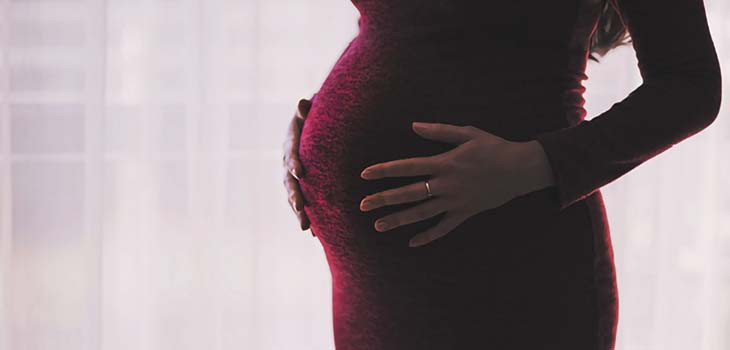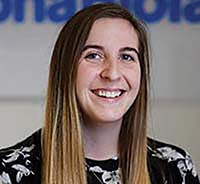
A non-invasive prenatal paternity (NIPP) test is the safest option for anyone looking to establish paternity before a baby is born and can be extremely beneficial for legal purposes.
As the only testing laboratory in the UK to be UKAS-accredited for prenatal paternity testing, we are often asked about the circumstances in which prenatal paternity testing is most suitable for court proceedings.
This includes:
- Child welfare or protection – babies who are at risk of harm can be identified sooner, enabling authorities to make plans for safeguarding at the earliest opportunity. It also allows local authorities to perform assessments early on, prior to issuing a letter of Pre-Proceedings.
- Child maintenance or custody arrangements – where the parents no longer have a relationship or the alleged father is disputing paternity, the court may order (or the mother may instruct) a prenatal paternity test to ensure arrangements can be made for custody or child maintenance once the baby is born.
While in the past the court would have been left in the dark about a child’s paternity until after birth, advances in DNA analysis mean that it is now possible to perform a NIPP test as early as seven weeks into pregnancy.
Furthermore, demand is on the rise as more people discover the benefits of this type of test. We have seen a 47 per cent increase in consumer sales of prenatal paternity tests (2021) versus pre-pandemic levels (source: AlphaBiolabs DNA testing data, number of prenatal paternity tests performed (2019-2021))
What samples are required?
DNA samples required for a legally admissible prenatal paternity test must be collected under strict chain of custody conditions.
This means that a trained sample collector will ensure samples are obtained correctly and from the right individuals, before they are safely transported back to the laboratory.
Unlike other types of prenatal paternity test that require cells to be taken from the placenta (chorionic villus sampling or CVS test) or a sample of amniotic fluid (amniocentesis), a NIPP test only requires a blood sample from the mother and cheek (buccal) DNA swabs from the mother and the alleged father.
Therefore, a NIPP test – such as that offered by AlphaBiolabs – is 100 per cent risk free for mother and baby (see here).
To perform the test, a blood sample is collected from the mother by a trained medical professional such as a phlebotomist, nurse, or another medical practitioner, and promptly returned to the laboratory to be analysed. This reduces the likelihood of the blood degrading in transit, which can render a sample unusable.
Cheek (buccal) swabs can be collected from the mother and alleged father at a convenient time, and simply requires a swab to be rubbed quickly and painlessly on the inside of the cheek to collect DNA.
Although the mother and alleged father’s samples do not need to be collected at the same location, it is advised that they are collected around the same time, to ensure testing can begin as soon as the mother’s blood sample is received.
How is the test performed?
Once the mother’s and alleged father’s samples have been received by the testing laboratory, DNA is extracted from both samples.
The very latest scientific techniques ensure the baby’s DNA can be identified within the mother’s blood sample. Short tandem repeats (STRs) and single nucleotide polymorphisms (SNPs) are used to perform NIPP testing, with expert geneticists able to analyse the genetic markers in each DNA profile.
Every person inherits half of their DNA from their mother and half from their father. This means that the foetus will have two copies of each STR marker, known as alleles, in their DNA profile – one from each of the biological parents.
By comparing the alleles at each marker with the DNA collected from the mother and the alleged father, geneticists can determine whether the man is the biological father of the baby; provided there is sufficient foetal DNA within the mother’s blood sample.
Instructing prenatal paternity testing for court
Prenatal paternity testing can provide the vital evidence needed for parents, legal professionals, and social workers to reach important decisions about a child’s future.
An AlphaBiolabs’ prenatal paternity test can be used to test more than one alleged father, with results available in four-to-seven days. A comprehensive statement of witness report is included as standard. Legal customers can also benefit from free sample collection at any of our 11 nationwide walk-in centres.
For expert advice on which DNA test is best for your client, call the AlphaBiolabs Customer Services team on 0330 600 1300 or email testing@alphabiolabs.com and a member of the legal sales team will be in touch.












